The Aberdeen bus gate experiment will roll into July, after “tepid, flimsy and feeble” tweaks did little to quell fears for the city centre.
Cameras were installed in Market Street, Guild Street and Bridge Street in August.
Since then, more than 7,000 people have called for them to be scrapped, while hundreds also urged a rethink through official council channels.
Business bosses – around 90 different city centre traders – also begged for change, as many shared concerns for their future.
Worried citizens were blocked from telling councillors their problems firsthand after transport convener Ian Yuill decided not to let them.
As well as the bus gates, Aberdeen City Council’s experimental traffic order (Etro) introduced a ban on turning right out of Union Terrace and a one-way system and part-closure on Schoolhill.
But planning chiefs have warned the city could be handed a bill for millions of pounds if it’s all scrapped.
Our report reveals:
- Why council higher-ups fear a multi-million-pound blow should the restrictions be scrapped
- What slight changes are being proposed – and why
- When a decision on their permanent future will be made…
What is the last-minute change to Market Street bus gate?
Councillors went through all the motions of scrutinising, debating and voting on the future of the Aberdeen bus gates in a tense meeting.
And the SNP and Liberal Democrat ruling coalition had their way forward approved.
But opposition councillors then forced the issue through to the next full council meeting – meaning nothing will change before the general election on July 4.
It will also mean every elected member gets the chance to vote on the issue that has come to dominate discussion in the city.
Lib Dem council co-leader Ian Yuill led calls to make the Etro permanent, along with a tweak on Market Street.
His administration wanted to help traffic navigate road closures brought about by the Aberdeen market construction.
Their plan was – and is likely to be the same next month – to suspend the Adelphi bus gate, blocking entry from Union Street down Market Street, temporarily.
How will it work?
Traffic could then only turn left onto Trinity Quay to access Shiprow and Virginia Street at the bottom of the hill.
Mr Yuill said it would aid businesses on Market Street and Shiprow, including the NCP car park, who have complained about feeling the squeeze since the camera’s introduction.
It would also benefit the Douglas Hotel, as bosses have lamented problems caused by the traffic overhaul.
But the change will not be introduced for now – as Conservative councillor Duncan Massey called the proposed tweak, coming in the face of calls for the system to be axed, “tepid, flimsy and feeble”.
Business bosses demand Aberdeen bus gates are removed
Before the meeting, retailers warned they might be forced to close or relocate by the end of the year, if the bus gates remained in place.
It comes as Granite Mile taskforce Our Union Street makes headway in filling existing empty units on the city’s main street.
And tens of millions is being spent on transforming the central Union Street area for bus and bike lanes, as well as redeveloping the Aberdeen market site.
But the owner of the Trinity Centre, Robert Keane’s Ardent Group, has complained the ongoing uncertainty has cost them deals to rent out empty premises – including the very prominent former Debenhams department store.
Bus gate U-turn could cost Aberdeen unknown millions
Unravelling the new-look Aberdeen city centre could prove a costly endeavour however.
Planning chief David Dunne revealed the uncertain threat of a huge bill from the Scottish Government to do so.
An £8 million grant from the national Bus Partnership Fund paid for the recent South College Street work.
And, that not even a bus lane was built as part of the project caused outrage with other local authorities looking for the sought after government funding.
‘Do what you want – but beware of the financial risks’
Mr Dunne warned: “The business case for levering in £8 million for the South College Street work, and the reason for Scottish Government support for it, was very much based on facilitating the bus gates.
“Clearly there are no bus priority measures on South College Street, so… you know… it shouldn’t have got money from the Bus Partnership Fund.
“But it was argued that work allowed us to make the changes we made.
“Fundamentally councillors can do anything they wish – but there are financial implications.
“What are they? The short answer is we don’t know.”
‘Government could be right to ask for money back if Aberdeen bus gates are axed’
Mr Dunne continued: “I would say on the face of it, the business case and the council were very clear.
“(South College Street and the bus priority measures) are intrinsically linked so the government would be completely within their rights to request that money back…
“Whether they will would be for a further conversation.”
The flow of Bus Partnership funding has dried up this year, leading Mr Yuill to think the idea of the Scottish Government holding Aberdeen to its end of the bargain – or grabbing a fortune back – is a credible threat.
Opponents called for Aberdeen bus gates to be scrapped
The transport committee, led by convener Ian Yuill, voted 6-3 in favour of keeping the bus gates in place, with a review in 18 months.
That timeline would coincide with expected progress on the £20m Union Street central revamp – which has driven buses to use the bus-gated route anyway.
Without the bus priority measures – amended as suggested – Mr Yuill said the number of buses using Market Street, Guild Street and Bridge Street would mean “no one is getting anywhere” anyway.
In contrast, Labour and the Conservatives pushed for officials to come up with a plan to scrap the Etro, and to ask the government if they would likely call in their chit.
Labour also wanted councillors to agree pedestrianisation of the central strip of Union Street is the “way forward for our city”, with Councillor Nurul Hoque Ali claiming the current set up risked Aberdeen becoming a “ghost town”.
‘We need to do better now’
The opposition stance was criticised, given the bus gates and their close links to the South College Street work were approved under the council leadership of Labour and Conservatives.
But Mr Ali shrugged off that criticism, paraphrasing American poet Maya Angelou.
“You do the best you can, then when you know better, do better,” he said.
“We did the best we could at the time, and (the administration is) quite right that this is something they inherited.
“But we know better now with feedback from residents, businesses and we have seen the impact.
“And we need to do better now.”
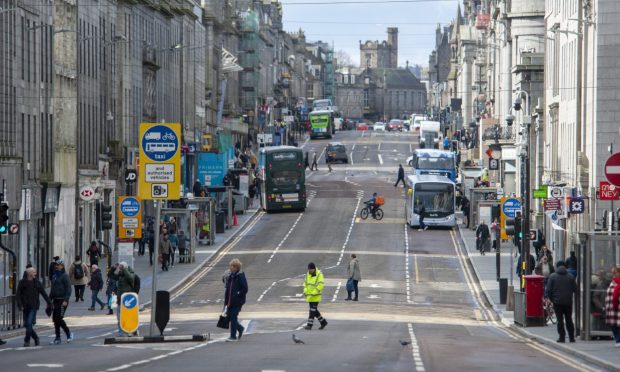
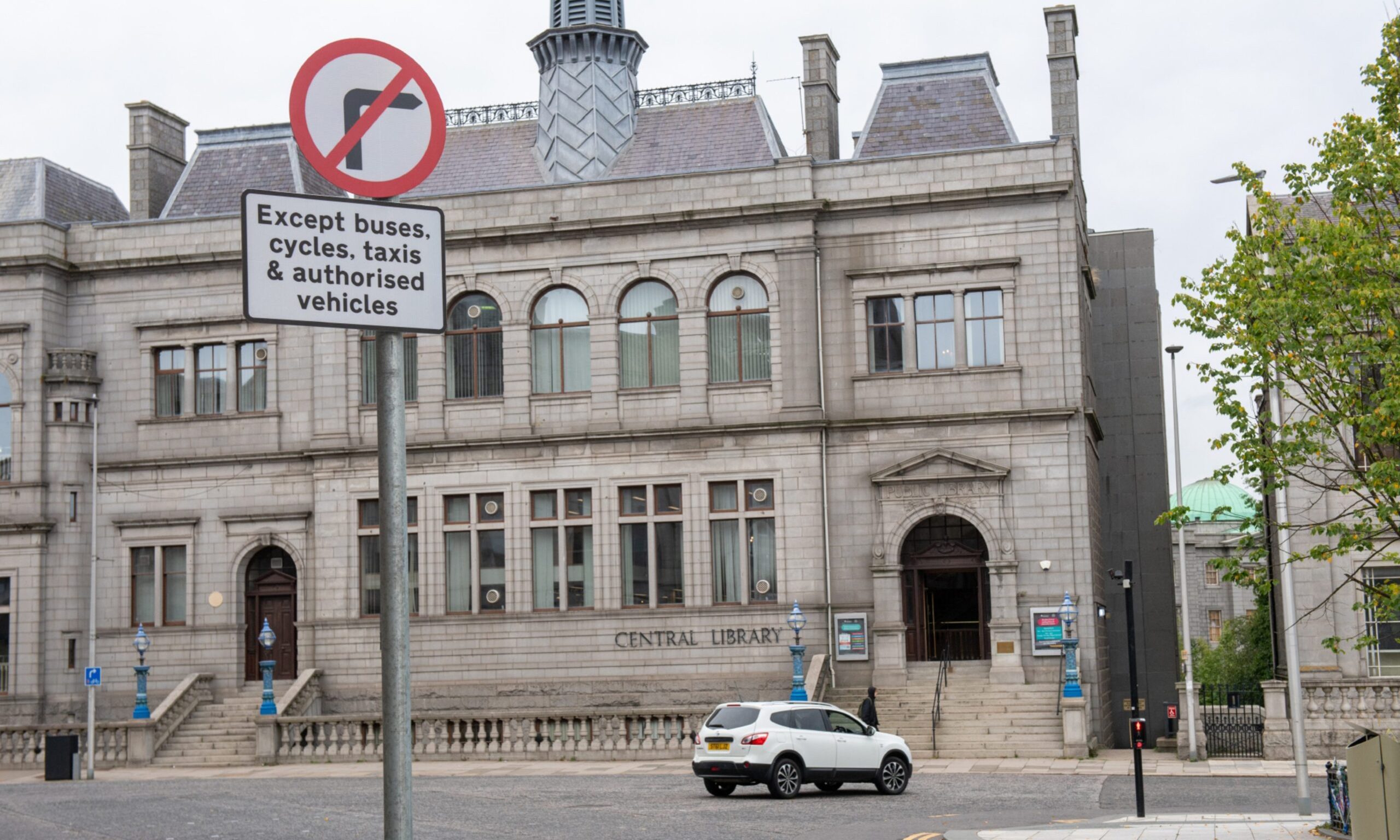
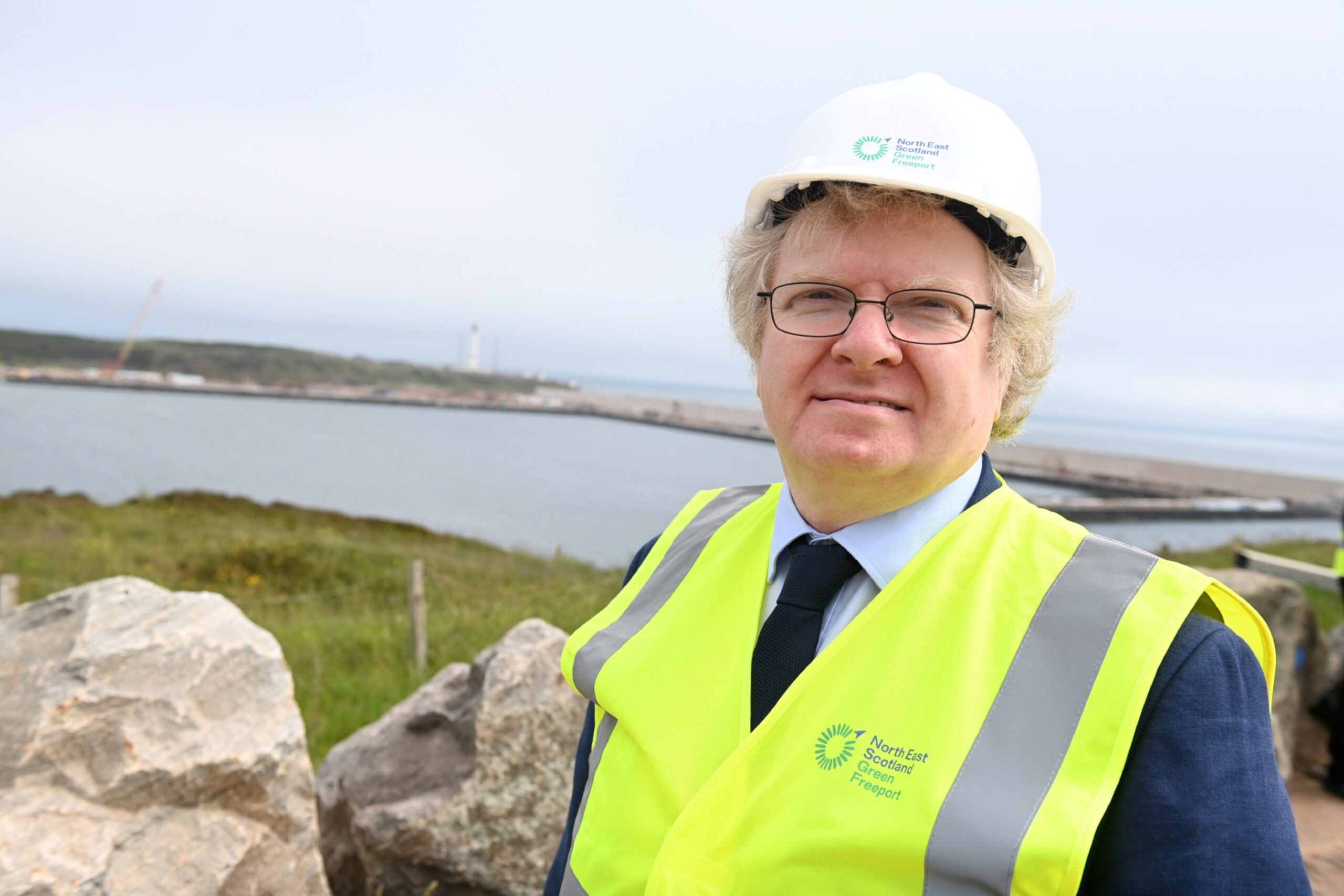
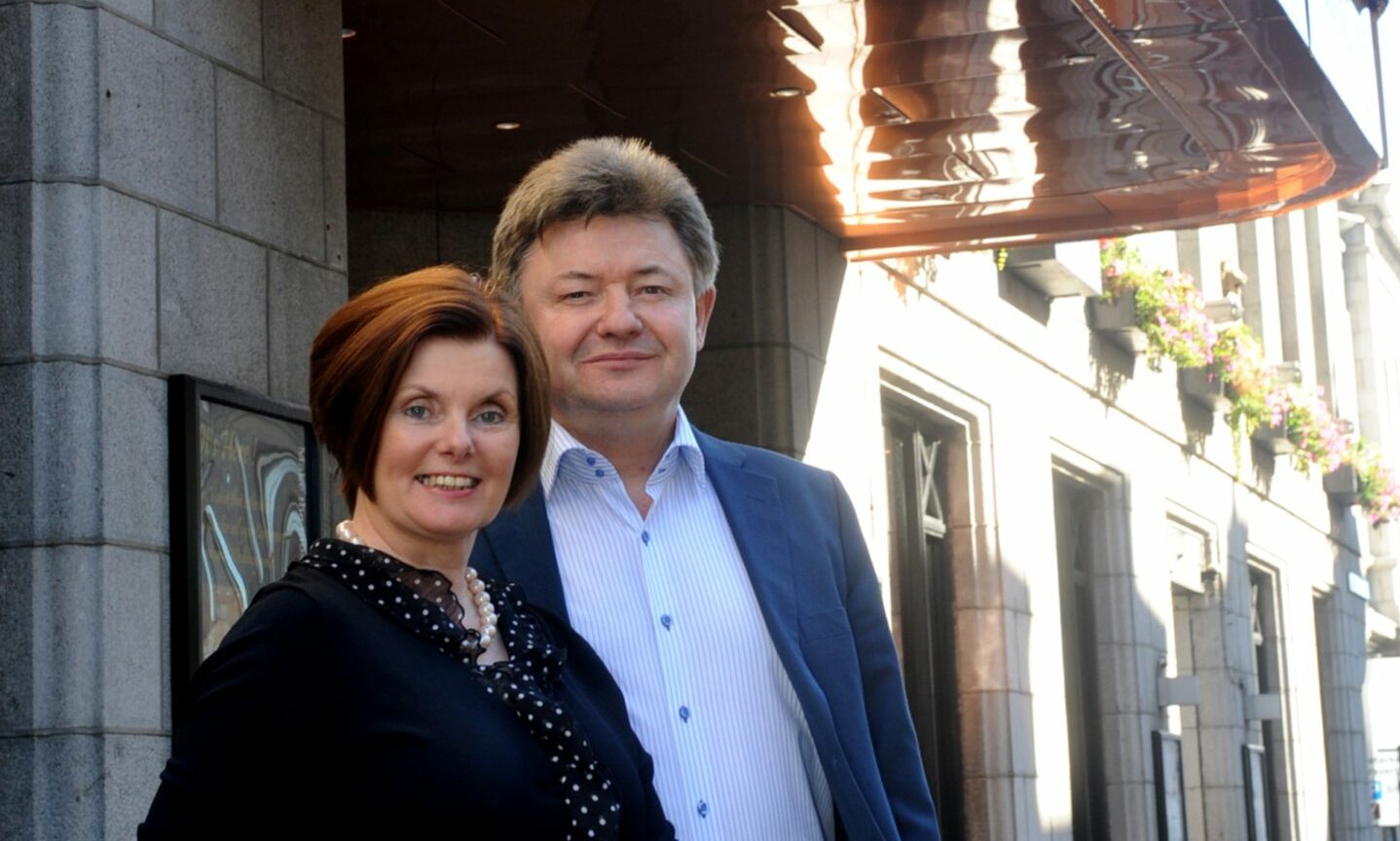
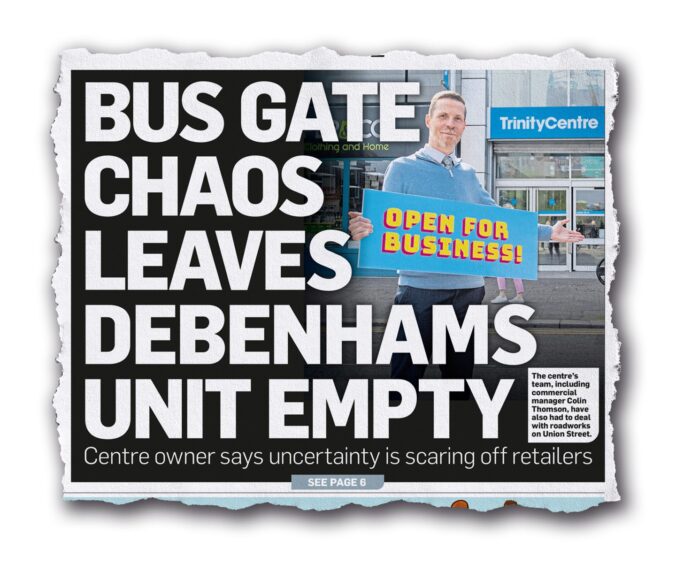
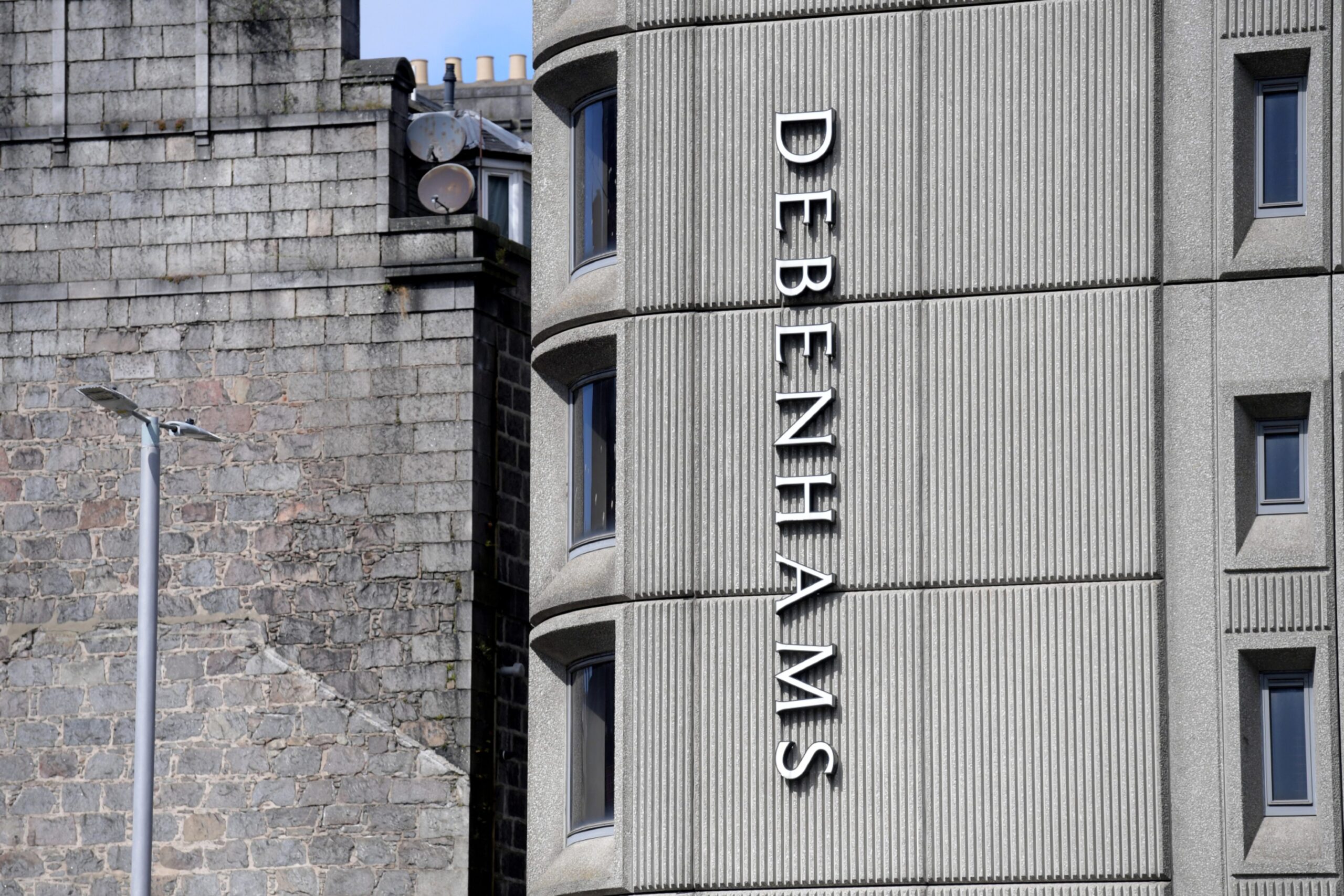
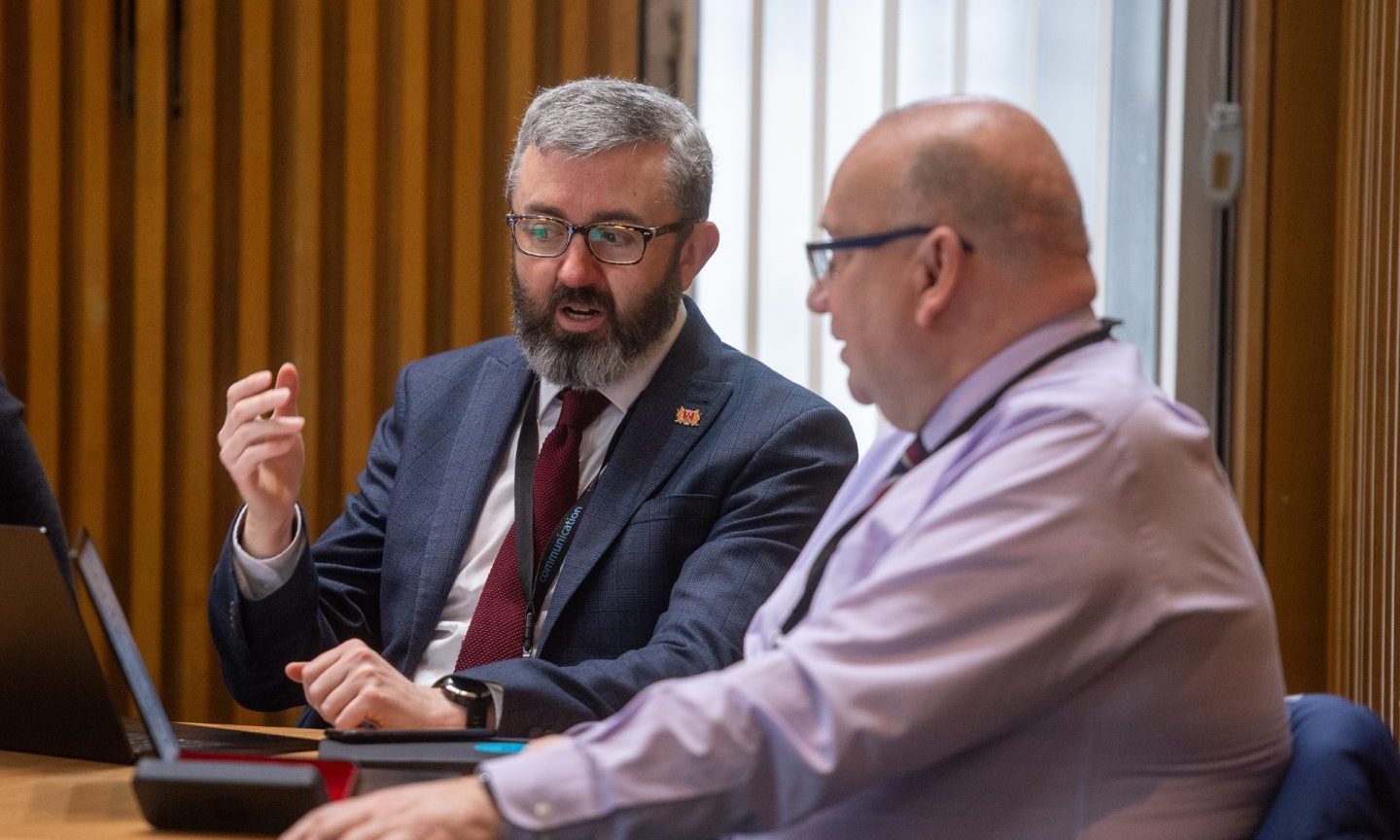
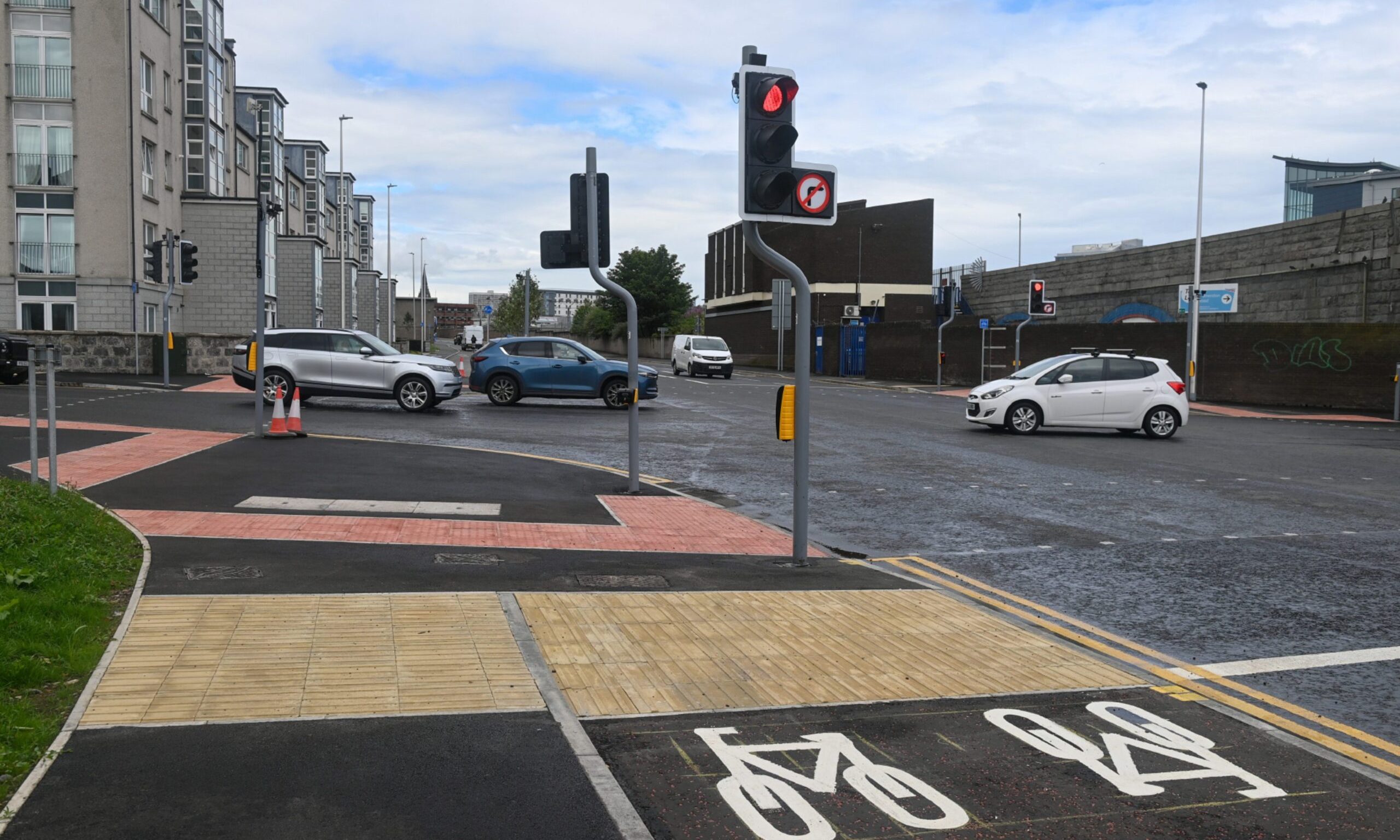
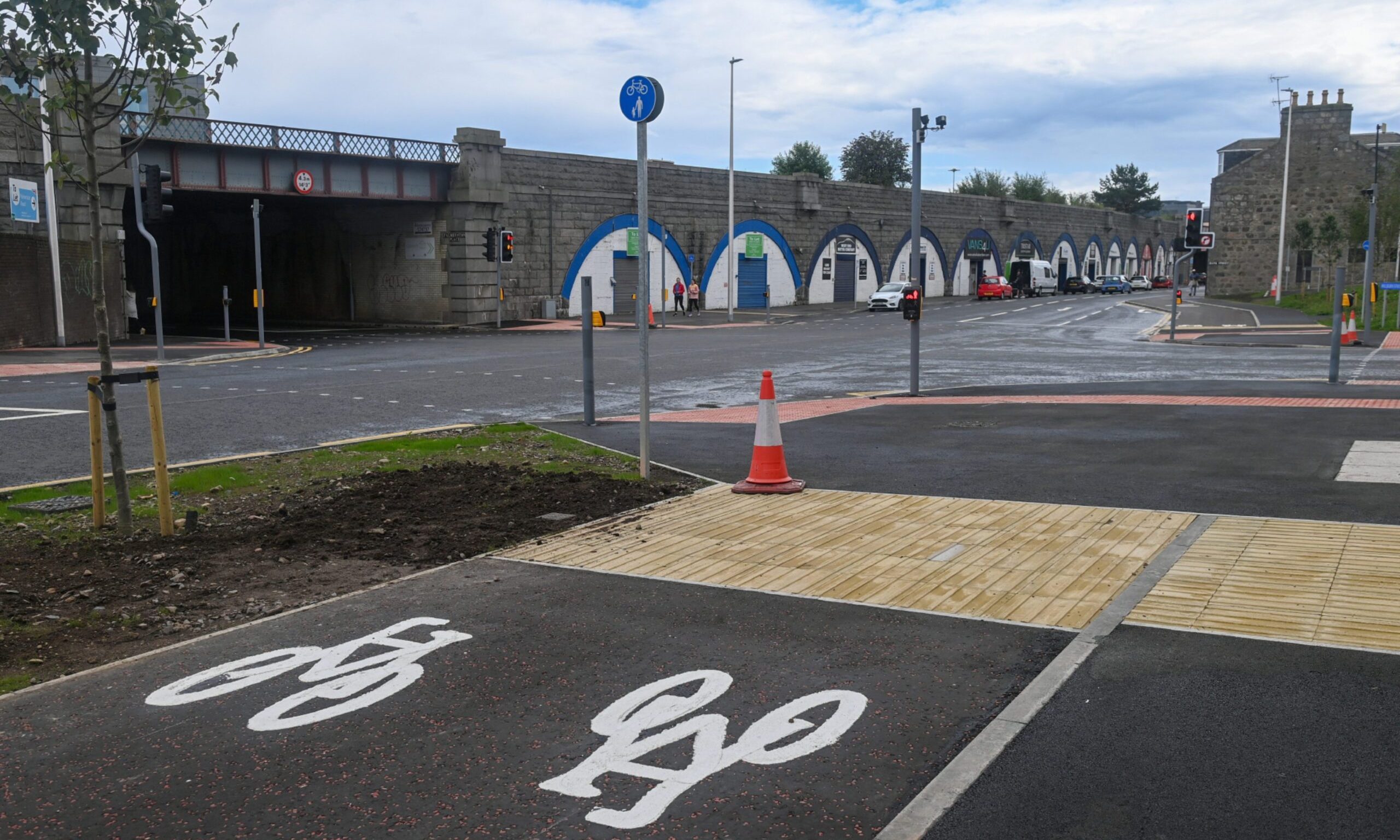
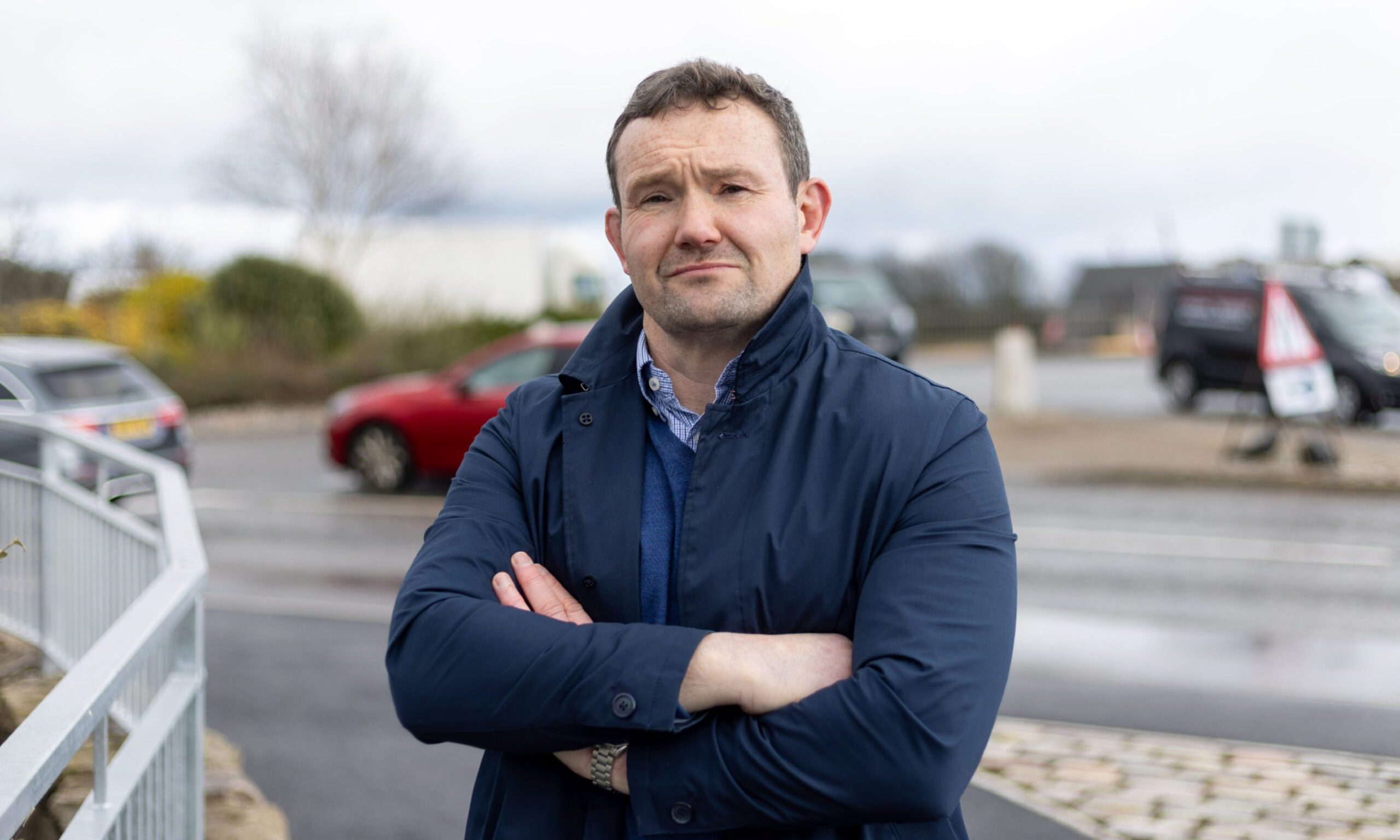
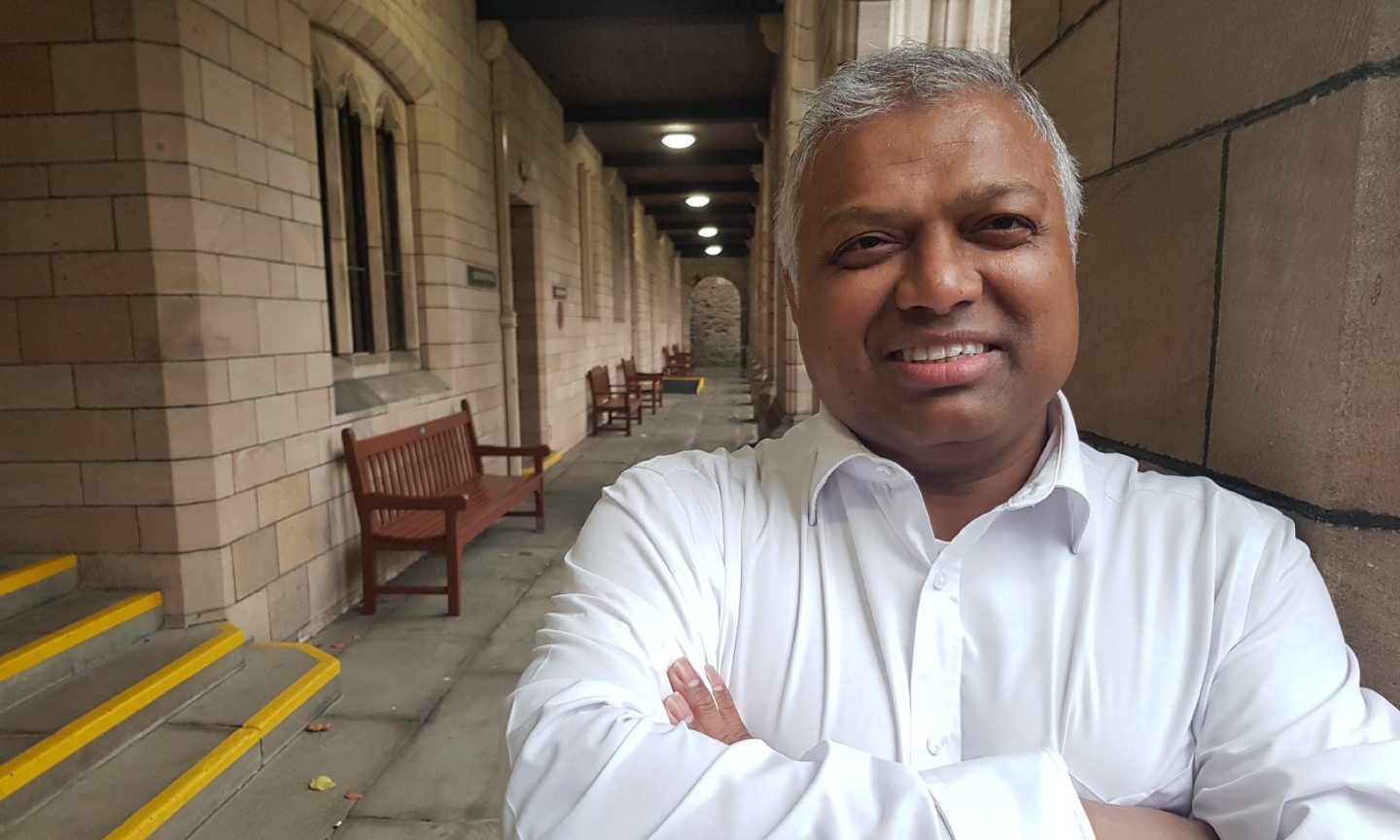
Conversation